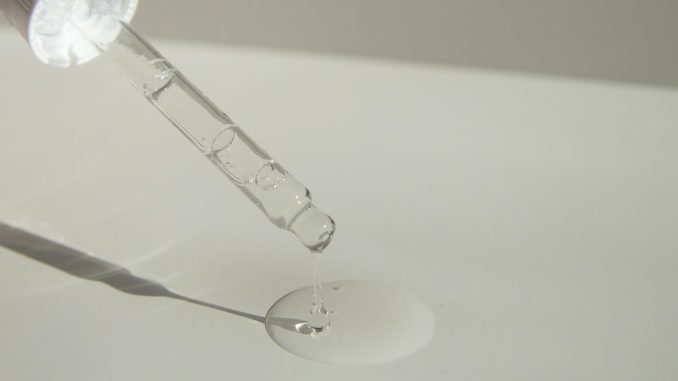
Serums are skincare products that are typically formulated with a high concentration of active ingredients. They are designed to target specific skincare concerns such as hydration, anti-aging, brightening, or acne treatment. Here are some general steps on how to use a serum effectively:
- Cleanse Your Skin: Start with a clean face by using a gentle cleanser suited for your skin type. Pat your skin dry with a soft towel.
- Apply Toner (Optional): If you use a toner as part of your skincare routine, apply it before the serum to help prepare your skin to better absorb the serum’s active ingredients.
- Dispense the Serum: Depending on the serum’s consistency (some are more watery, while others are thicker), dispense a small amount onto your fingertips or palm. A pea-sized amount is usually sufficient.
- Apply the Serum: Gently apply the serum to your face and neck using upward and outward motions. Avoid pulling or stretching the skin. Allow the serum to absorb fully into your skin before proceeding to the next step.
- Follow with Moisturizer: After the serum has absorbed into your skin (this usually takes a minute or two), apply your regular moisturizer to lock in the serum’s benefits and provide additional hydration.
- Sunscreen (Daytime): If you’re applying the serum in the morning, always follow it with a broad-spectrum sunscreen with at least SPF 30 to protect your skin from harmful UV rays.
- Frequency: Serums are typically used once or twice a day, depending on the product and your skincare needs. Follow the instructions on the serum’s packaging for the recommended usage.
- Consistency: For best results, use the serum consistently over time. It may take several weeks to see noticeable improvements in your skin, depending on the serum’s specific benefits.
It’s essential to choose a serum that suits your skin type and addresses your specific concerns. If you’re unsure about which serum to use or how to incorporate it into your skincare routine, consulting with a dermatologist or skincare professional can be helpful.
Leave a Reply